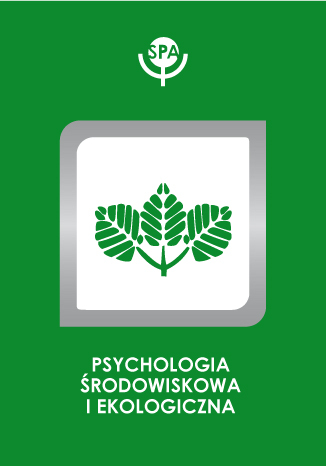Poczucie tożsamości jako czynnik wyznaczający zaangażowanie w działania na rzecz społeczności lokalnej

Michał Ziarko
DOI:
Rocznik: 2007 Tom: 13 Numer: 1
Strony: 51-60
The transformations taking place in social reality (transition from totalitarian to citizens’ society, the growing influence of local communities on decisions concerning their functioning and the expanding possibilities of action for the benefit of one’s place of living) induce to consider the psychological determinants of the activity for local communities and pose the question: when does man want and is able to get involved in the activities for the benefit of a local community? The present text attempts to answer this question. It presents the Model Of Undertaking Activity For A Local Community which assumes that an individual’s activity for a local community is determined by personal competences (connected with the relationship of personal and social identity and the identity status), practical competences (an individual’s knowledge and skills) and by the attributes of the social world. The presented model enables to determine four types of persons (a leader, an executor, a taker and an excluded person) who engage in the life of a social community in a different way.









 Pobierz pełny tekst
Pobierz pełny tekst



